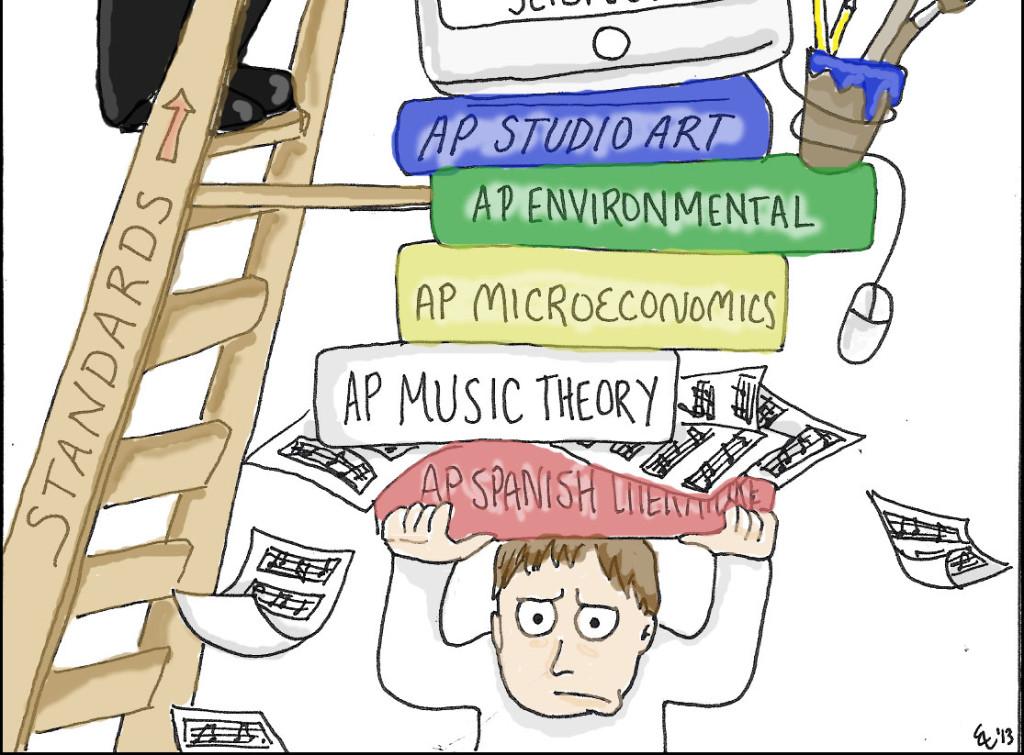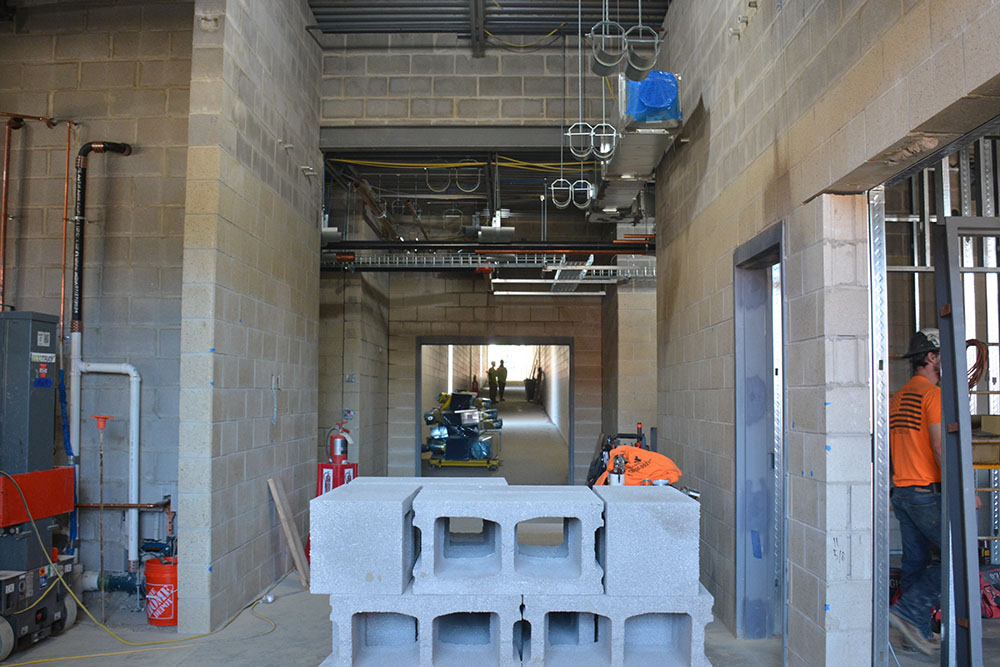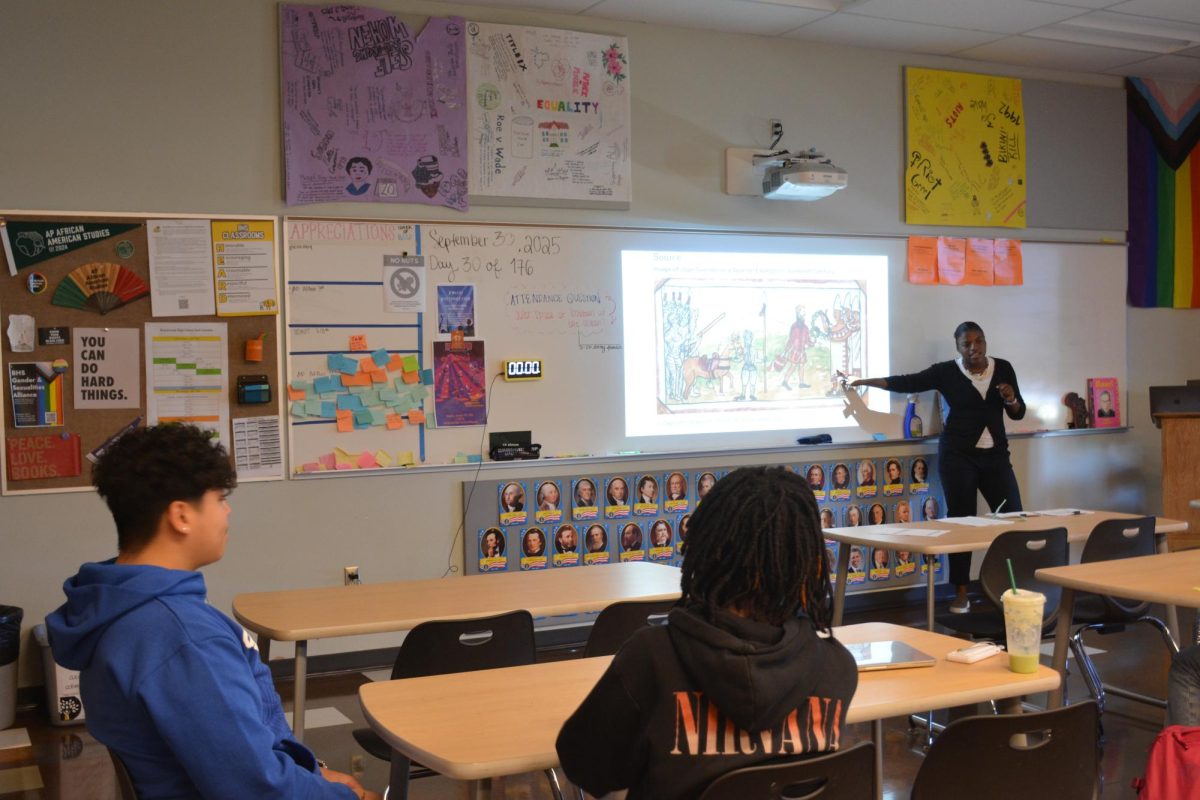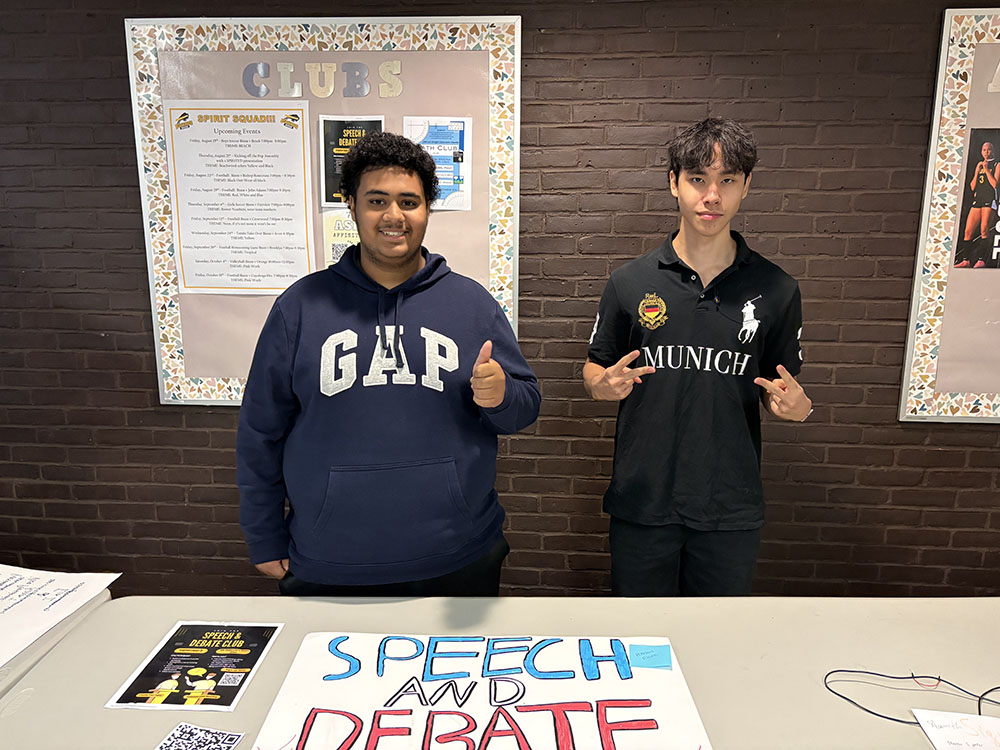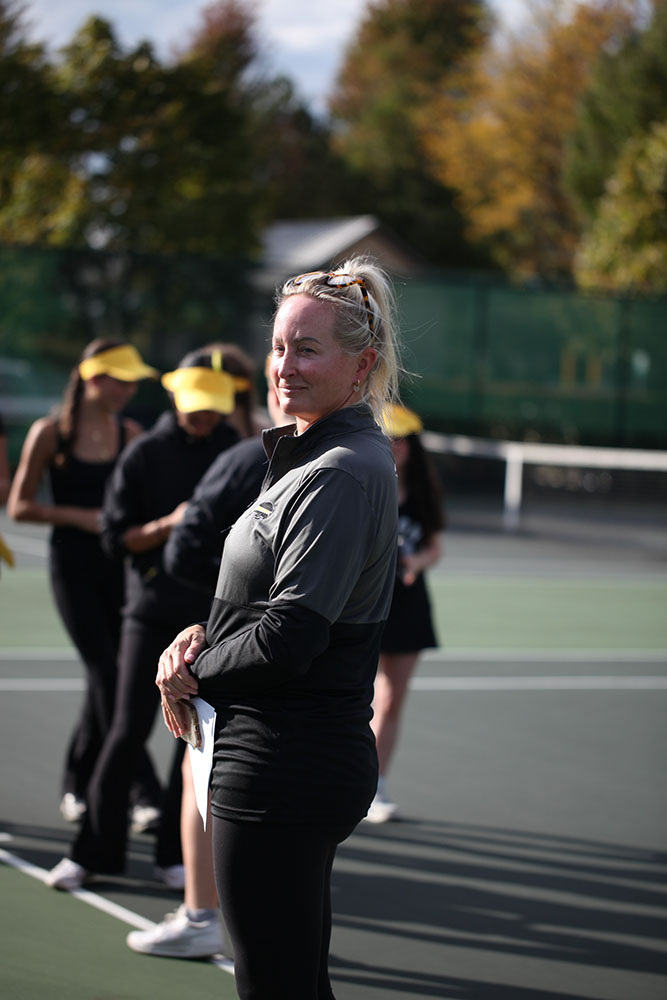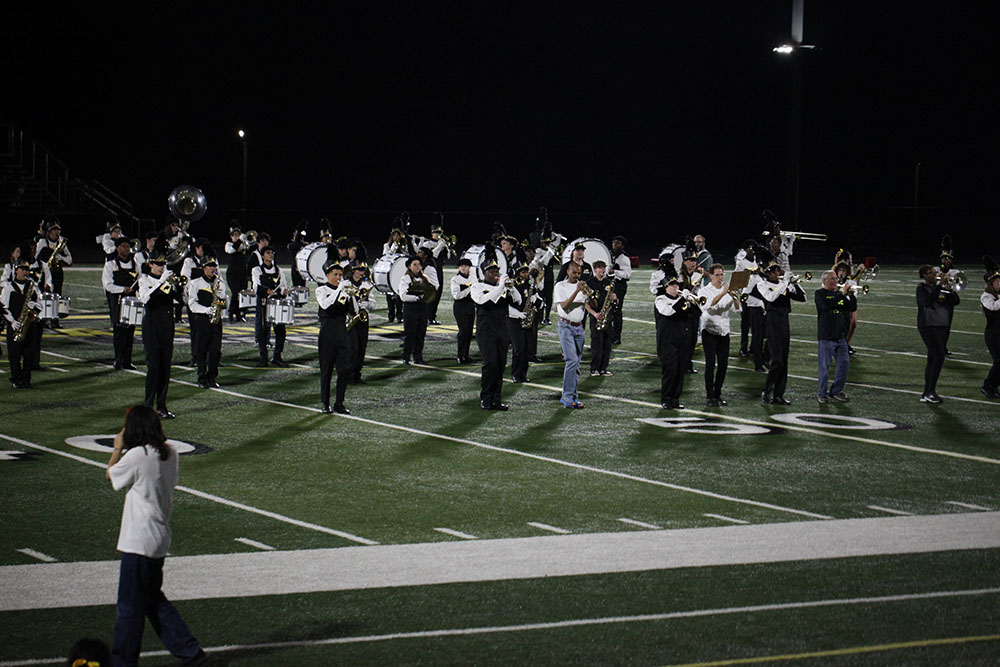Beachwood administrators hope to dramatically increase enrollment in Advanced Placement courses over the next few years.
Next year, BHS will expand its AP course offerings by adding AP Computer Science, AP Studio Art 2-D Design, AP English Language & Composition and AP Environmental Science, replacing the honors environmental course. AP Microeconomics will be combined with AP Macroeconomics to make a full year course. In addition, music theory will be offered so AP Music Theory can be offered in the 2014-15 school year.
Additionally, effective the 2013-14 school year, a C+ in an AP class will be awarded AP credit. A C+ in an AP course should correspond to a three on the exam, which, according to the College Board, means one is “qualified to receive college credit.”
“Mr. Chase arranged to have the College Board do a study of our achievement data, and they told us our rate of participation in AP classes is not as high as they would recommend,” said Assistant Superintendent Robert Hardis. The College Board creates and administers AP exams nationwide.
“The overall reason we are seeking increased enrollment in AP classes is that it’s a well-established philosophy that students in high school taking AP classes are really stretched to the maximum of their potential,” continued Hardis. “Those classes are the most rigorous classes [students] can take … They are a great preparation for college.”
However, there is another motive for offering more AP courses that cannot be ignored.
“It is a feather on the cap of the district to have a variety of course offerings,” said social studies teacher Pam Ogilvy. “The more you can offer, the more you’re going to reach out to kids and find what their interests are.”
Hardis explained, “The Ohio school report cards are also going to include our AP participation rate and a college readiness rating. We want the public to see these rankings and see that Beachwood is doing well.”
The increased number of courses offered, along with AP credit for a C+, should encourage more students to enroll in AP courses. For teachers and administrators, the primary goal is to have AP classes that appeal to the diverse interests of the student body.
“I think that it makes our course of study more appealing to offer a wide variety of classes. We’re very fortunate here that we have the resources, and are encouraged to have a lot of course offerings,” said Ogilvy. “But there has to be a balance because you can’t just offer a class just to offer a class. There needs to be a niche and a good number of students that take interest in it.”
“I want something for everybody,” said Principal Ed Klein. “I want [students] to find success. I’m not foolish enough to think every kid is going to take an AP course, but we want more programming available.”
Klein continued, “That kid who can [handle] one AP class and isn’t [taking] one right now, that’s the kid I want to get involved.”
Sophomore Mara Friedman said that if it weren’t for the new AP courses being offered, she probably would not have taken an AP course in high school.
“It’s so exciting that we get so many new options and ways to boost our GPAs,” said Friedman. “I’m interested in either AP 2D art or Music Theory.”
While it is anticipated that average AP exam scores will go down as more students take the tests, this is not the administrators’ main concern.
“The focus is definitely more on the participation than getting our scores up because those are competing interests,” said Hardis. “The more students take APs, the lower your average score is going to go. We average almost a four across all our AP exams. We [are encouraging more students to take AP courses] expecting to have lower scores as a result.”
However, some students worry this push towards AP classes will cause too much academic pressure.
“AP classes are great, but they’re not for everybody,” said junior Anshika Niraj. “If you keep pushing everybody into them, there will eventually be fallout.”
“[AP classes are] valuable to the point that [students] don’t feel too challenged,” said junior Boyan Patev.
Yet the goal is not to overwhelm students, just to make more options available.
“If a student has a fair chance of getting a three [on the AP exam], it can be a meaningful and rewarding experience. If they don’t yet have the skill set or ability, I don’t think it’s fair to put him or her in that situation,” said English teacher and BFT president Evan Luzar.
“In the end, [students] still have the chance to say yes or no. But I never want the kid to never have had the conversation [where teachers tell them] ‘I believe in you’. [Currently,] there’s not enough of those conversations happening,” said Hardis.
District math coordinator and BHS teacher Carole Katz has had great success increasing participation in AP Calculus AB, and can speak to the importance of encouraging students.
“Some students have never tried honors or AP courses before…” said Katz. “…and I think it’s really neat [for those students to] look up to students in the school [who are] really strong, bright math kids. And [those students may] say ‘I never expected myself to be on par with these people.’ But by the end [of the AP class] you are, and that’s a really great feeling. You become one of those people.”



